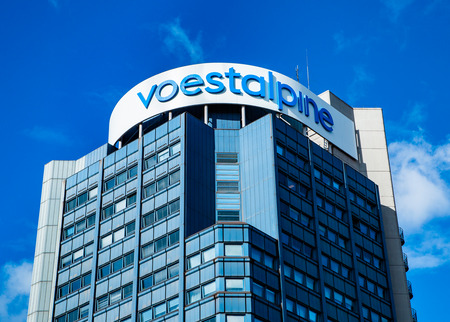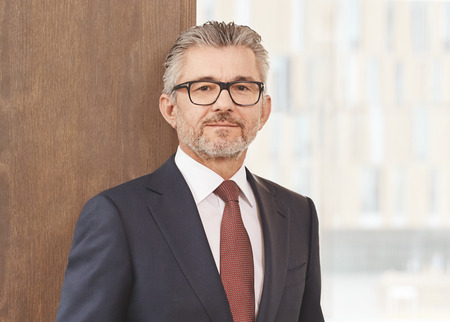The Management Board’s assessment at the start of the business year 2019/20—specifically, that the previous year’s performance based on EBITDA would probably be achievable again in the current business year—was premised on a number of factors. The key market and cost variables underlying the assessment at the time were as follows: a cooling of the economy in markets that are material to voestalpine, but no recessionary or crises scenarios; a cooling of momentum in the automotive industry, but no new dramatic distortions in the automotive market on account of the new emissions test to be introduced in Europe in September 2019; no negative effects from the global trade conflicts or the Brexit above and beyond the anticipated cooling of the economy; a normalizing of iron ore prices over the course of the business year as well as positive dispositions of challenges internal to the company.
Key assumptions largely did not come to pass over the first six months of the current business year. While the intracorporate challenges are being dealt with and certain improvements are still expected to be realized, the slowdown in the momentum of the automotive industry has been both more intense and widespread than originally expected, even though the new emissions test that was introduced in September of this year did not trigger the distortions seen a year ago. The global trade war along with protectionist policies have clearly crimped investments in many parts of the world and thus have led, particularly toward the end of the first half of the business year 2019/20, to significant demand declines in many markets that are key to the voestalpine Group. Although iron ore prices did ease over the summer, the expected margin growth did not materialize. Record imports into the European Union combined with weak intra-European demand continued to depress steel prices at the end of the current reporting period.
Given these negative macroeconomic developments, the scenario posited at the start of the current business year no longer applies. From today’s vantage point, it is to be expected that the third business quarter is likely to be as difficult as the second quarter of the business year 2019/20 in terms of earnings. Positive effects from both seasonal influences and the resolution of intracorporate issues as well as earnings contributions from the steps taken to lower costs and boost efficiency should take effect in the business year’s last quarter.
In this difficult environment, the Management Board’s focus is on measures designed to stabilize earnings and generate free cash flow. Aside from short-term actions, over the next few months this will also entail examining the ramifications of the changed global economic framework for the positioning of all of the Group’s material business segments.
“At this point in time, the Management Board of voestalpine AG thus expects EBITDA of about EUR 1.3 billion for the business year 2019/20—an assessment that is largely in line with market expectations,” says Eibensteiner.

.jpg)


